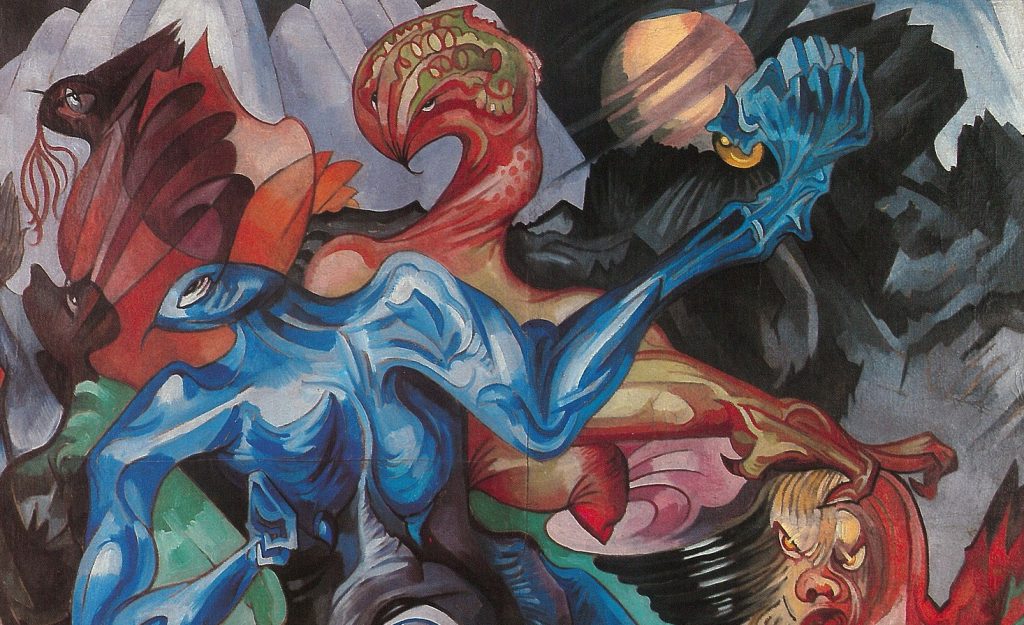
How Russian Economy Is (Not) Doing Well
BY
INESS / November 15, 2024
Russia\'s economic landscape is under strain. In this interview, Martin Vlachynsky, an analyst from INESS, sheds light on the complexities of Russia\'s current economic policies, their implications for businesses and ordinary citizens, and how the ongoing war continues to shape the country\'s financial reality.





![[CONFERENCE] Ukrainian Renaissance [CONFERENCE] Ukrainian Renaissance](https://4liberty.eu/phidroav/2024/07/Obraz2.jpg)




![Political Situation in Germany Before the European Elections with Ralf Fücks [PODCAST] Political Situation in Germany Before the European Elections with Ralf Fücks [PODCAST]](https://4liberty.eu/phidroav/2024/04/Episode-202-1469x800-1-1024x561.png)
